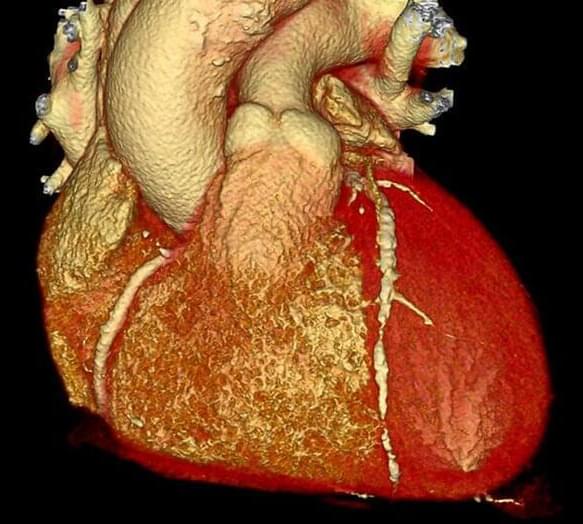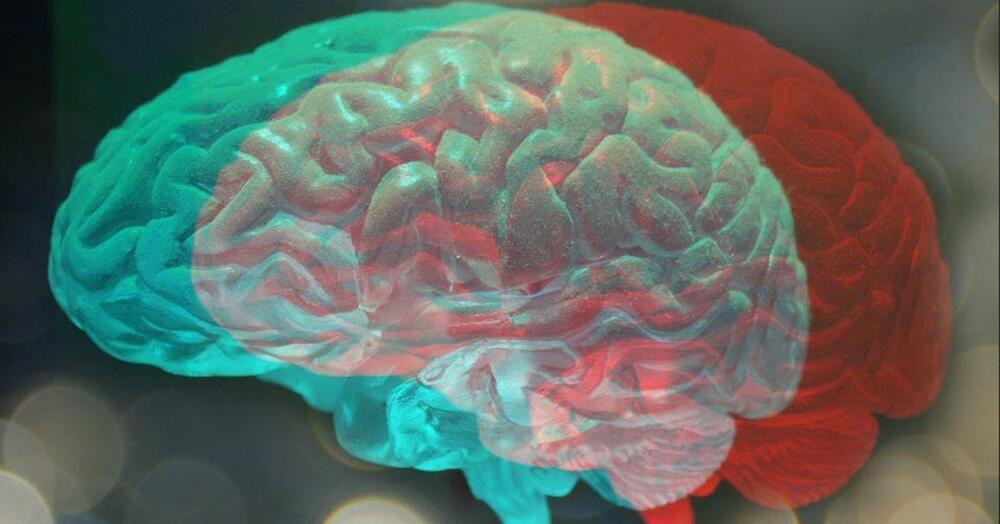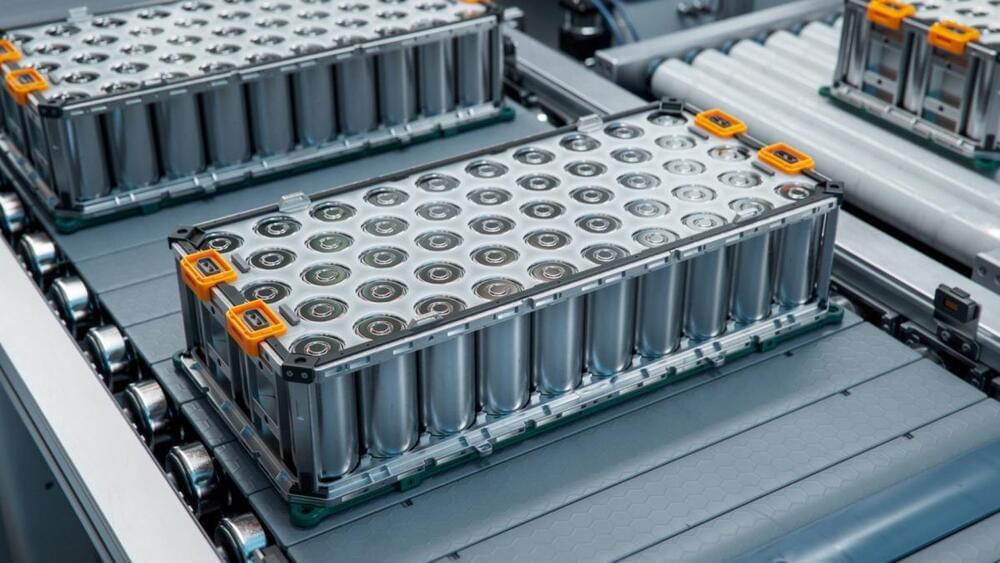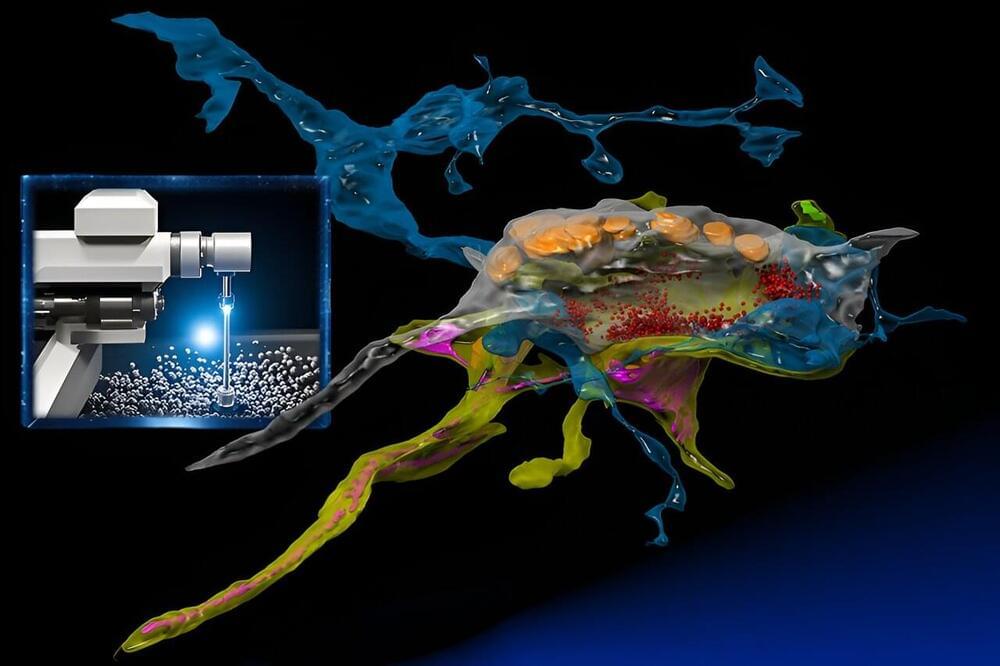
Mesothelioma is a highly fatal disease with a survival rate of under 10% at five years. New advances with immunotherapy have improved survival, but only 23% of patients are alive at three years when treated with immunotherapy alone. Surgery with chemotherapy has resulted in the longest survival. Baylor College of Medicine and Duke University will conduct a clinical trial for patients with mesothelioma to determine whether the combination of chemotherapy and immunotherapy prior to surgery is more effective in treating patients with mesothelioma.
Before surgery, the research team will give participants immunotherapy or chemoimmunotherapy. They plan to enroll 23 people in each arm between Baylor and Duke, and anyone with mesothelioma can participate. They will see participants in clinic to evaluate them prior to enrollment, prior to surgery and in follow-up continually.
“We will determine disease stage and make sure they’re physiologically strong enough for treatment. For patients who have disease that can be removed by surgery, we will randomize them to one of the two arms – either immunotherapy with two drugs, or immunotherapy with two chemotherapy agents. They will receive three cycles of each, then get reevaluated for surgery. They will then continue immunotherapy after surgery for one year,” said Dr. R. Taylor Ripley, associate professor of surgery in the Division of Thoracic Surgery and member of the Dan L Duncan Comprehensive Cancer Center at Baylor.


















